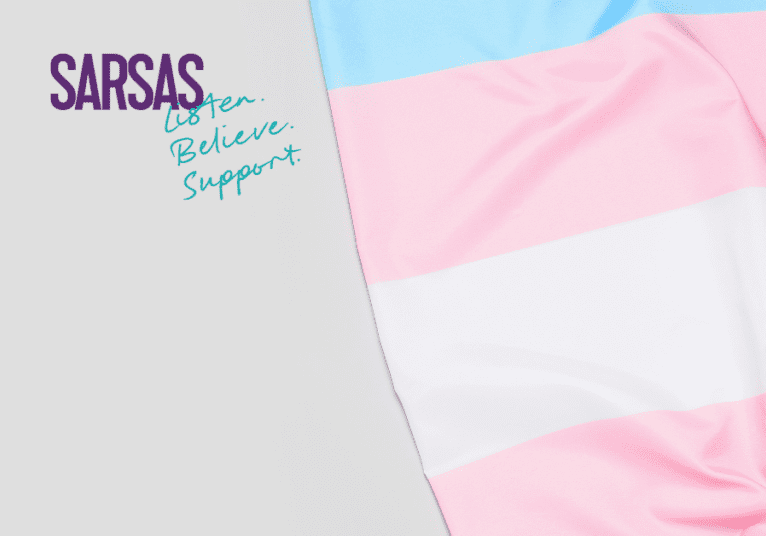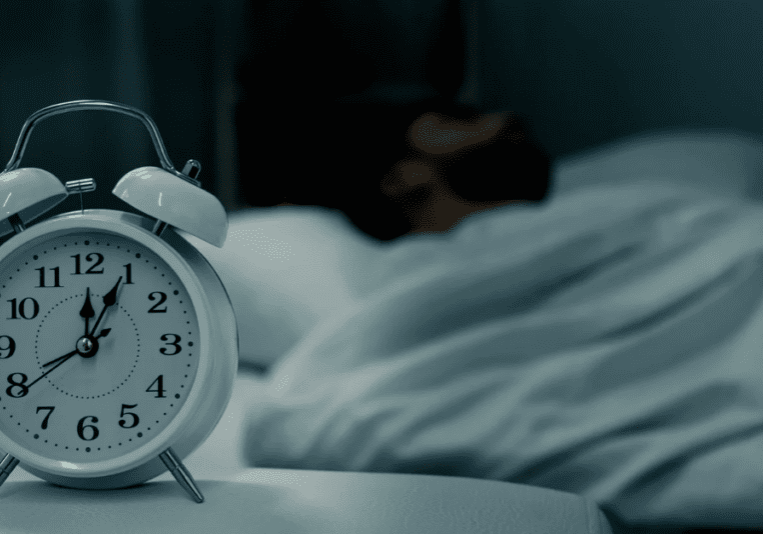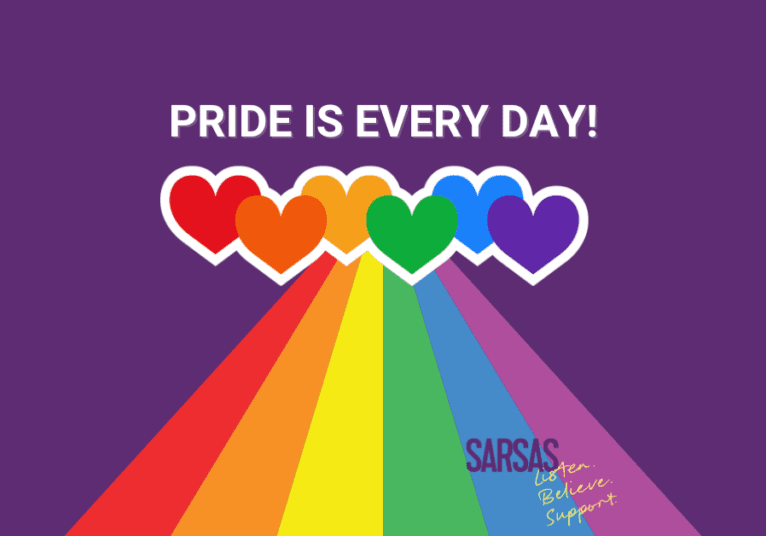
Self-care
Self-care is about looking after yourself physically, emotionally and mentally. As all of these things can be negatively affected by rape or sexual violence, self-care can be particularly helpful for victim-survivors.
What is self-care?
Self-care is about checking in with yourself, asking yourself how you are feeling and thinking about what your body needs.
It is “anything that you do for yourself that feels nourishing” [1] and doesn’t have to be challenging, expensive or time-consuming. It could be as simple as drinking a glass of water, stretching or taking some deep breaths. Anything that makes you feel safe, healthy, happy or better able to function counts.
Though the number of Google searches for “self-care” has more than doubled since 2015 [2], some common misconceptions still exist…
What isn’t self-care?
Self-care isn’t self-indulgent or selfish. It is about taking care of yourself so that you can be healthy, both physically and mentally, and do all of things you need and want to do day-to-day.
Self-care is not the same for everyone. Everyone’s definition will be unique and different people will find different things helpful and comforting. There is no rule book.
Practicing self-care isn’t always easy, especially when we are busy. We may also feel guilty for taking time out for ourselves. However, it is vital to make sure you are considering your emotional and physical state, even if this is just for 5 minutes. Often, the simplest self-care practices are the most powerful.
Self-care for victim-survivors
Self-care can be really helpful for those who have experienced rape, sexual violence or other types of trauma. Over-time, self-care may be used to offset flashbacks or anxiety for example.
It is important to know that healing requires courage and patience. Don’t demand too much too soon. The most important thing is to be kind to yourself.
Things to try
Here are some ideas on activities and habits that you may want to use to take care of your health and well-being. These things can help in both the short-term and the long-term. Remember, it is not just about bubble baths and candles!
For the body
- Get enough sleep. The amount of sleep we get massively effects our mental and physical health. Try planning your nightly routine, staying away from sugar or caffeine before bed and freeing your bedroom of distractions such as laptops or phones.
- Stay hydrated. The NHS recommends 6 to 8 cups or glasses of fluid a day.
- Eat your favourite healthy foods. Good, nutritious food is fuel. It can also create a sense of balance in your life.
- Exercise regularly. If your body feels healthy and strong, your mood is likely to improve. Remember, it doesn’t have to be the gym. Why not try walking, skipping, cycling or even hosting a dance party?
- Take a shower or bath. Not only is this relaxing, but it can help to improve your personal hygiene.
For the mind
- Breathe. You could try belly breathing – lie down, place one hand on your stomach and one on your chest and breathe slowly, in through your nose and out through your mouth. Be careful not to inhale too deeply. Before taking a big breath, be sure to push all the air out of your lungs.
- Continue to do the things you enjoy. This could be going to the cinema, staying in to read a book or spending time with loved ones.
- Grounding. Visit our guide on grounding to find out more.
- Journalling. Generally, this involves writing down your feelings. This may help you to make sense of overwhelming thoughts, to set goals, or to practice gratitude.
- Meditation. This can offer not only calm, but helps with anxiety and depression.
- Self-compassion. Try saying positive things about yourself, such as “I am strong” or “I am a survivor.”
- Confide in family and friends. Talk to someone you trust about how you feel or plan something fun with them.
- Check something small off your to-do list. This may help you to feel less overwhelmed and more in control.
For more information and advice, check out our self-care course here.
[1] https://trends.google.com/trends/explore?q=self-care&geo=US
Related Links
The latest from our news and blogs

Trans, Non-Binary, and Intersex (TNBI) Support Group
Coming together in a confidential space to support each other and identify ways to move forward after rape & sexual abuse.












